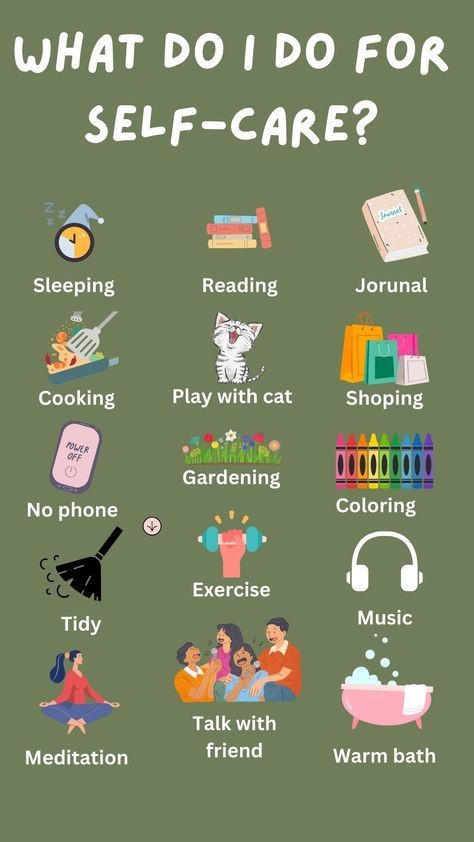The Importance of Self-Care: Nurturing Your Well-Being
In the hustle and bustle of daily life, amidst deadlines, responsibilities, and the constant demands of the modern world, it's easy to overlook one crucial aspect: self-care. Defined as the practice of taking an active role in protecting one's own well-being and happiness, self-care encompasses a wide range of activities and habits that promote physical, mental, and emotional health. While it may seem indulgent or even selfish to prioritize oneself in such a manner, the truth is that self-care is not just a luxury but a necessity for a balanced and fulfilling life.
Physical Health
At its core, self-care involves practices that maintain and improve physical health. This includes getting an adequate amount of sleep each night, engaging in regular exercise, and maintaining a nutritious diet. These habits not only contribute to physical well-being but also enhance energy levels, boost immunity, and improve overall productivity. Taking time to care for your body not only improves physical health but also enhances self-esteem and fosters a positive self-image.
Mental and Emotional Well-Being
In today's fast-paced world, stress and anxiety have become increasingly prevalent. Self-care practices such as mindfulness meditation, deep breathing exercises, and spending time in nature can significantly reduce stress levels and promote emotional stability. Engaging in activities that bring joy and relaxation, whether it's reading a book, listening to music, or pursuing a hobby, can also provide much-needed mental rejuvenation.
Enhanced Productivity and Focus
Contrary to popular belief, self-care is not a distraction from productivity but rather a catalyst for it. When you take the time to recharge and rejuvenate, you are better equipped to tackle tasks with clarity and efficiency. Regular breaks and periods of relaxation prevent burnout and allow you to maintain high levels of productivity over the long term.
Improved Relationships
Self-care also plays a crucial role in fostering healthy relationships. By taking care of your own needs and well-being, you are better able to show up for others in a meaningful way. This includes setting boundaries, communicating effectively, and being present in your interactions. When you prioritize self-care, you become more empathetic, patient, and understanding towards others.
A Sense of Fulfillment and Purpose
Ultimately, self-care is about honoring yourself and recognizing your inherent worth. It involves cultivating self-awareness and making choices that align with your values and goals. When you prioritize self-care, you are affirming your right to a balanced and fulfilling life, one where your needs and aspirations are given the attention they deserve.
Conclusion
In conclusion, self-care is not an act of selfishness but an essential component of a healthy and happy life. By nurturing your physical, mental, and emotional well-being, you are investing in your future and ensuring that you have the resilience and vitality to face life's challenges head-on. So, whether it's taking a leisurely walk, indulging in a favorite hobby, or simply practicing self-compassion, remember that self-care is a powerful tool that allows you to thrive, both personally and professionally. Embrace it wholeheartedly, and watch as it transforms your life for the better.






